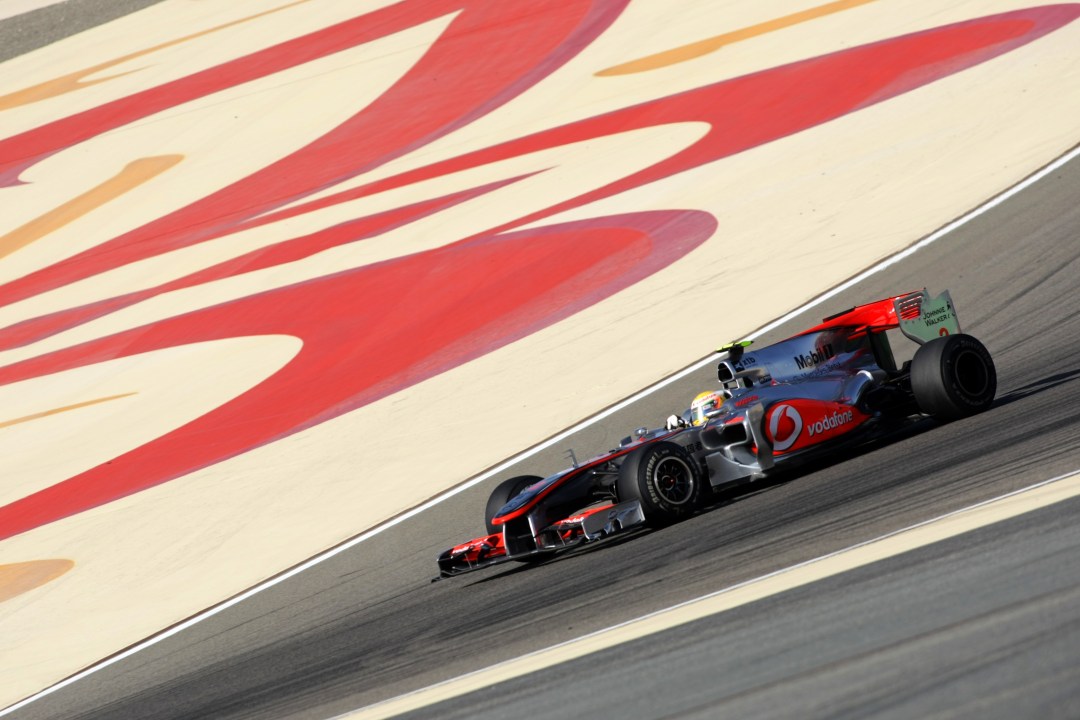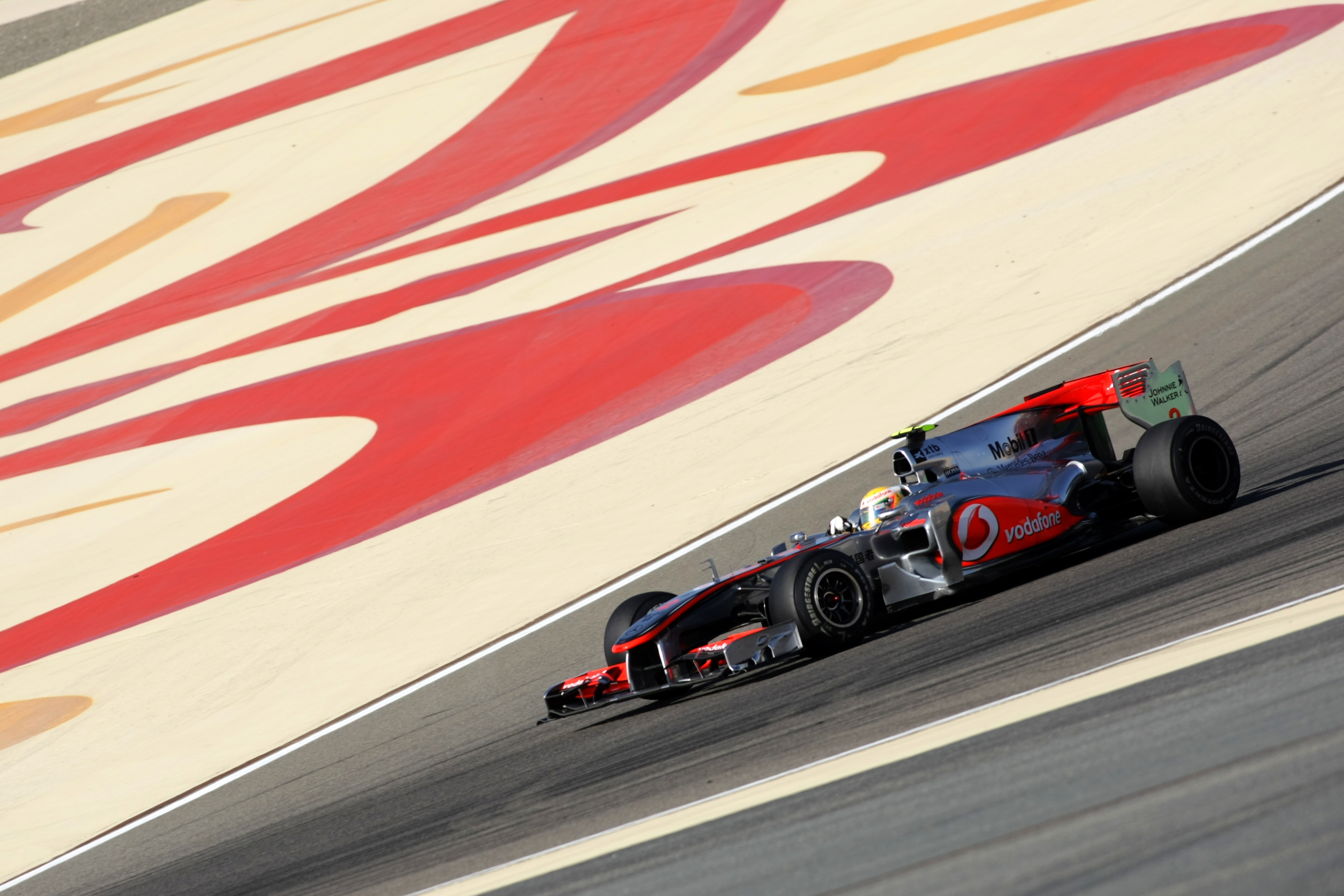In 2004, when the Formula One circus first travelled to the Middle East for the inaugural Bahrain Grand Prix, there was little sign of the storm to come. The first event was hailed as a success — and not just for Michael Schumacher, who notched up his 73rd victory in the Sakhir desert. The FIA — the sport’s governing body — even declared it that year’s ‘Best Organised Grand Prix’. Few would have guessed then that, eight years later, so many would want to see the race cancelled.
But when the calls came — first from Nabeel Rajab, the Vice President of the Bahrain Centre
for Human Rights, two days after Bahraini police were accused of beating him — it wasn’t such a surprise. After all, last year’s race had already been cancelled following the
outbreak of civil unrest, and the situation is hardly any calmer now than it was then. Rajab’s intervention was followed by that of a group of our own parliamentarians — seven peers and
Green MP Caroline Lucas — in the Times:
The Bahraini authorities attempted to allay these concerns, with former Met Assistant Commissioner John Yates — now an adviser to the Bahraini government — writing a letter to the FIA saying that the significance of the clashes seen on YouTube ‘should not be overplayed’. ‘Along with my family, I feel completely safe,’ he wrote. ‘Indeed, safer than I have often felt in London.’ And so, the FIA decided to press on with the event, declaring itself ‘satisfied that all the proper security measure are in place’. F1 supremo Bernie Ecclestone said ‘it’s not for us to decide how people run their country’.‘Given the current dire situation, with daily street protests and the deaths of more civilians, we do not believe that the time is right for Formula One to return to Bahrain.’
The decision was instantly condemned by Amnesty International, who warned that holding the race ‘risks being interpreted by the government of Bahrain as symbolizing a return to business as
usual’. Shadow foreign secretary Douglas Alexander has called for the race to be cancelled and, today, the All Party Parliamentary Group for Democracy in Bahrain has written to
some of F1’s biggest sponsors urging them to boycott the race. It said:
And the teams had barely touched down before they got their first taste of the protests. Yesterday, as the BBC’s Andrew Benson reports, a car carrying four mechanics of the Force India team was caught in a clash between protesters and police, with petrol bombs flying overhead. None of them were hurt, although two team members have since asked to return home, and the race is still set to go ahead on Sunday.‘We are most alarmed that you see no grounds to sever your brand and save its reputation from a totalitarian regime.’
It’s rare that sport gets so political. Let’s hope the Olympics can unwind some of its own controversies before the Games start in 99 days time.







Comments